Cabin Tent vs Dome Tent? Find Your Ideal Camping Shelter
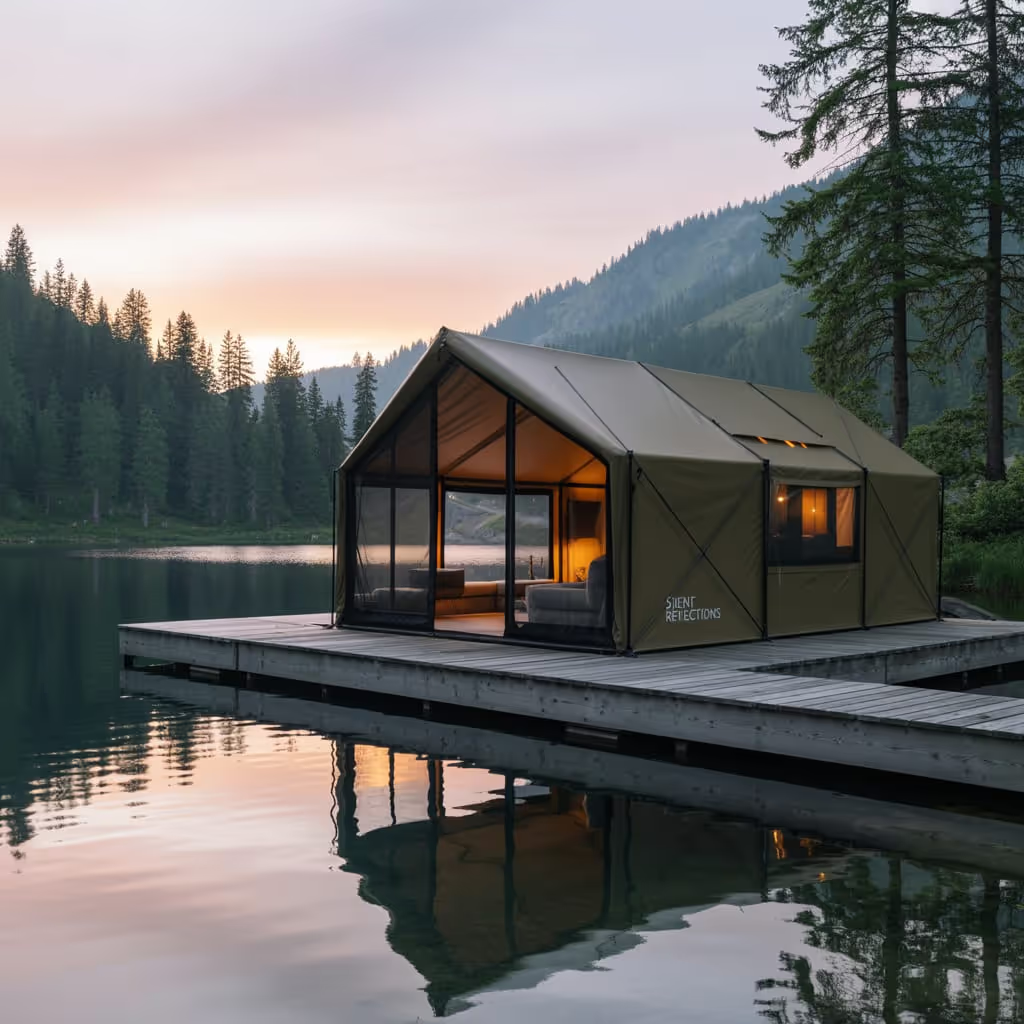
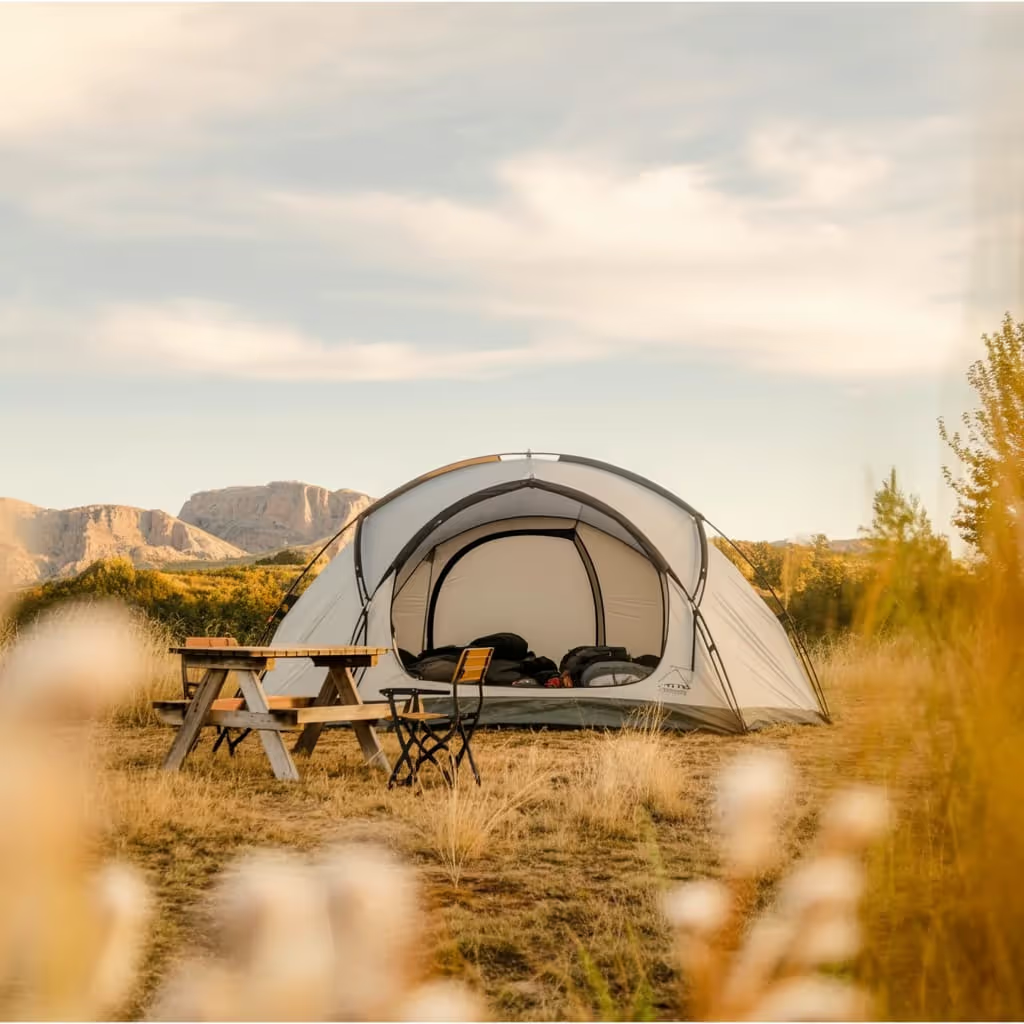
Quick Overview
Breaking It Down by Feature
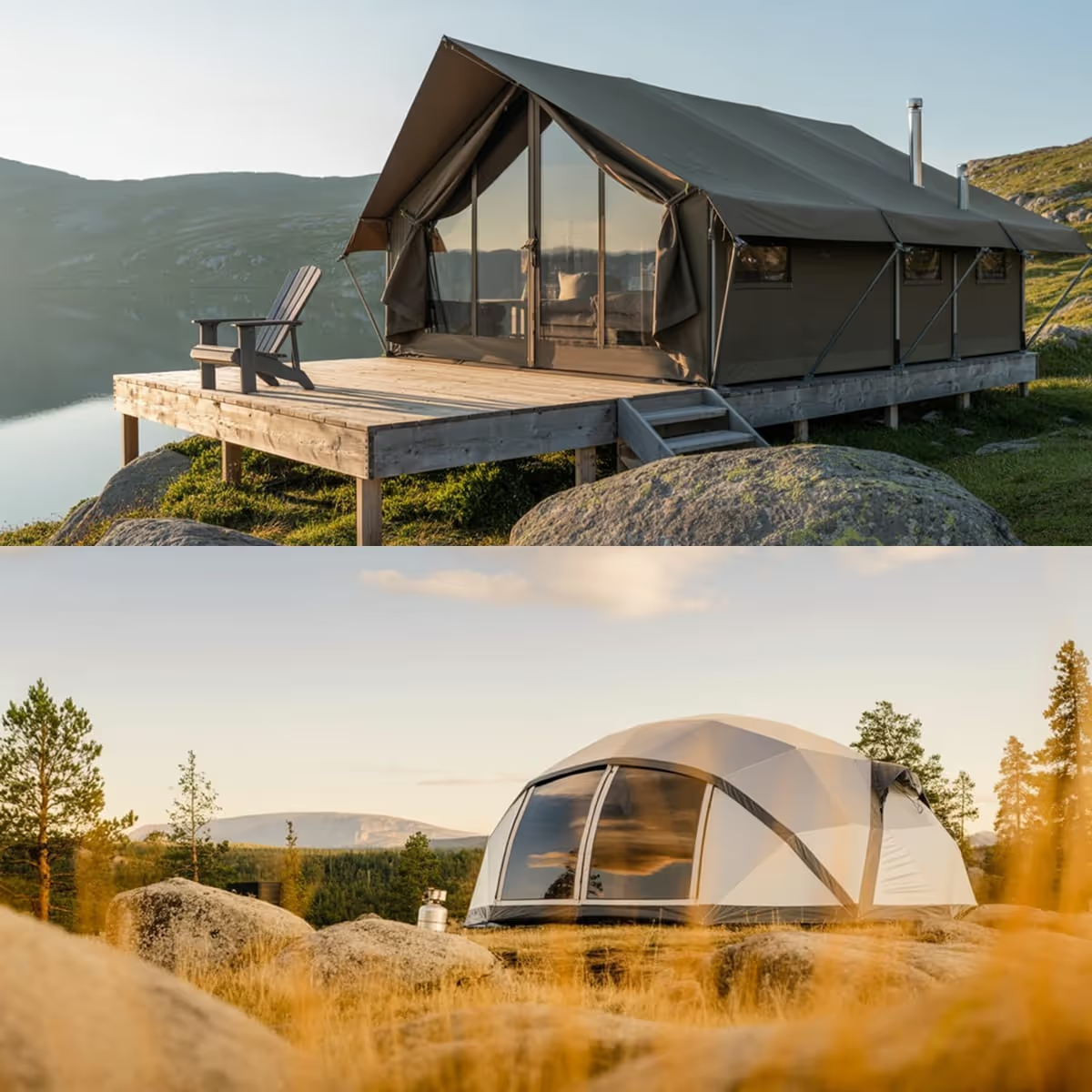
Setup & Portability
Cabin Tents generally take longer to assemble due to their rigid frames and taller walls, and they are heavier to transport between sites. Dome Tents are lighter, pack down smaller, and feature flexible pole systems that allow for a quicker, often single-person setup.
Build Materials & Weather Readiness
Cabin Tents use thicker fabrics and upright poles that offer better wind resistance, but their boxy design can be vulnerable in extreme conditions. Dome Tents typically utilize lightweight synthetic fabrics and arched poles, providing good weather resistance and stability, especially in windy environments.
Comfort, Insulation & Space
With their vertical walls and higher ceilings, Cabin Tents offer more standing room and a spacious feel, though they may lose heat more quickly. Dome Tents maximize floor space and insulation with their curved shape, making them cozier and more energy-efficient in cool weather.
Maintenance & Lifespan
Cabin Tents require periodic frame checks and careful storage to prevent mildew, and their lifespan depends on exposure and maintenance routines. Dome Tents are relatively low-maintenance, with fewer rigid parts, and they tend to have a longer usable life when treated gently.
Aesthetic Appeal
Cabin Tents often have a traditional, house-like appearance that stands out at campsites and appeals to families or groups seeking comfort. Dome Tents present a streamlined, contemporary aesthetic that blends into outdoor environments and is favored by backpackers and minimalist campers.
Pricing & ROI
Cabin Tents are usually more expensive due to size and materials, but their ample space can justify the investment for frequent group use. Dome Tents are budget-friendly, offering strong value for occasional campers who prioritize cost-effectiveness and ease of use.
Frequenty Asked Questions
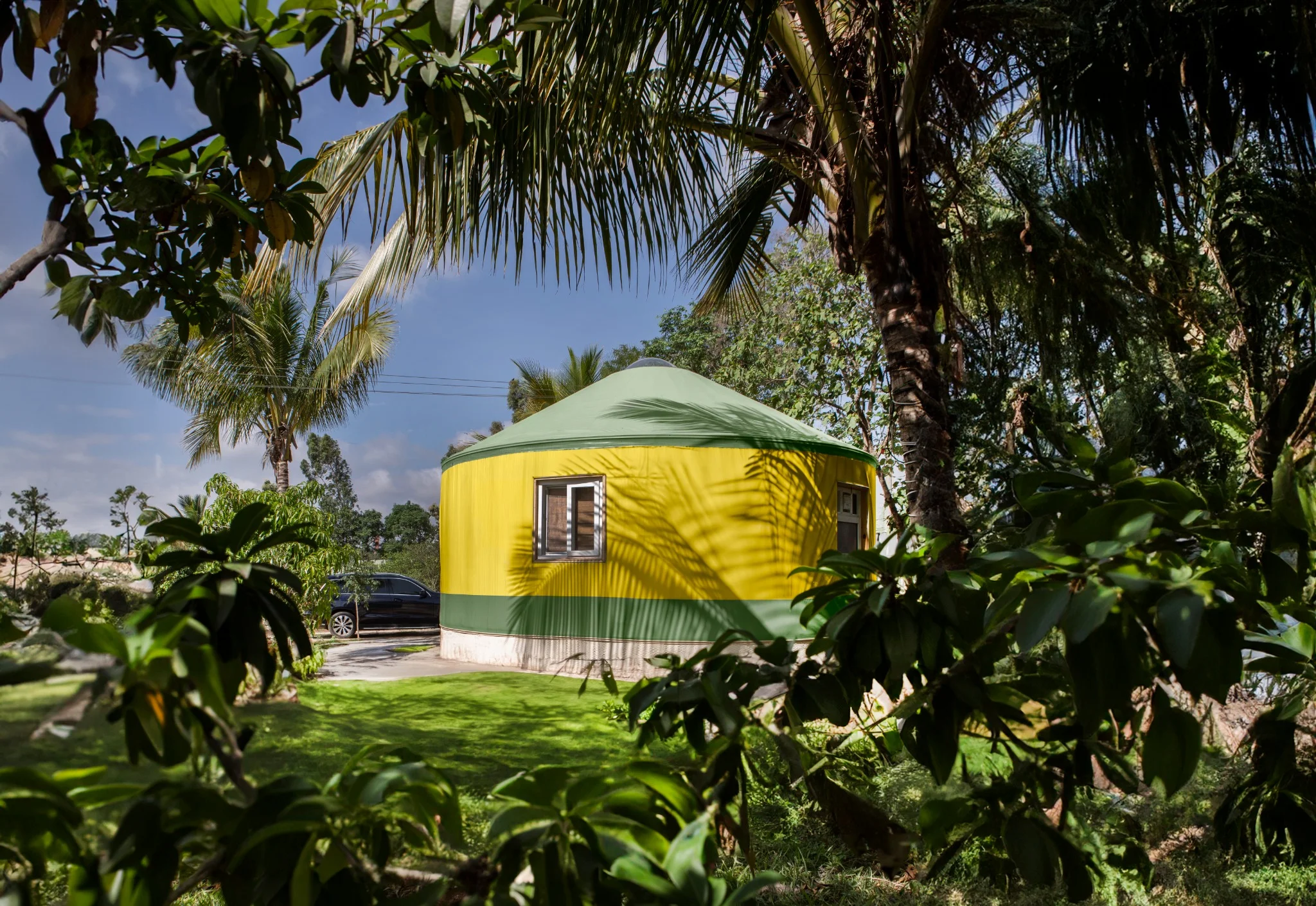
Which lasts longer, Cabin Tent or Dome Tent?
Cabin tents usually last longer due to their sturdy frames and vertical walls, while dome tents may wear out faster because of their lighter, flexible structure.
Which is more comfortable for year-round use, Cabin Tent or Dome Tent?
Cabin tents are more comfortable for year-round use because their straight walls provide better space and insulation, while dome tents are less insulated and better for mild conditions.
Do Cabin Tent or Dome Tent require a lot of maintenance?
Cabin tents offer better comfort year-round thanks to their spacious design and stability, whereas dome tents are less roomy and perform best in milder weather.
How well do yurts handle extreme weather compared to Cabin Tent or Dome Tent?
Cabin tents provide greater comfort for year-round use as they have more headroom and insulation, while dome tents suit short trips in moderate climates.
Do Cabin Tent and Dome Tent need building permits?
Cabin tents are preferred for year-round comfort due to space and warmth, while dome tents are lighter but less suitable for extreme weather or extended use.


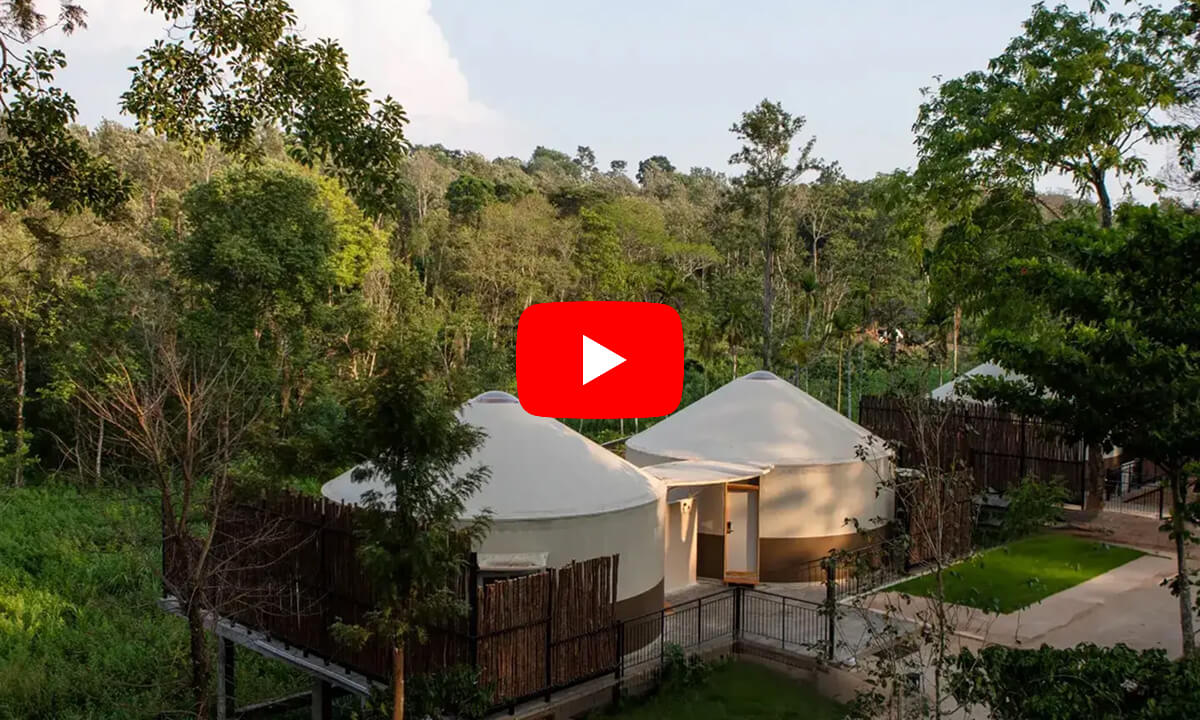

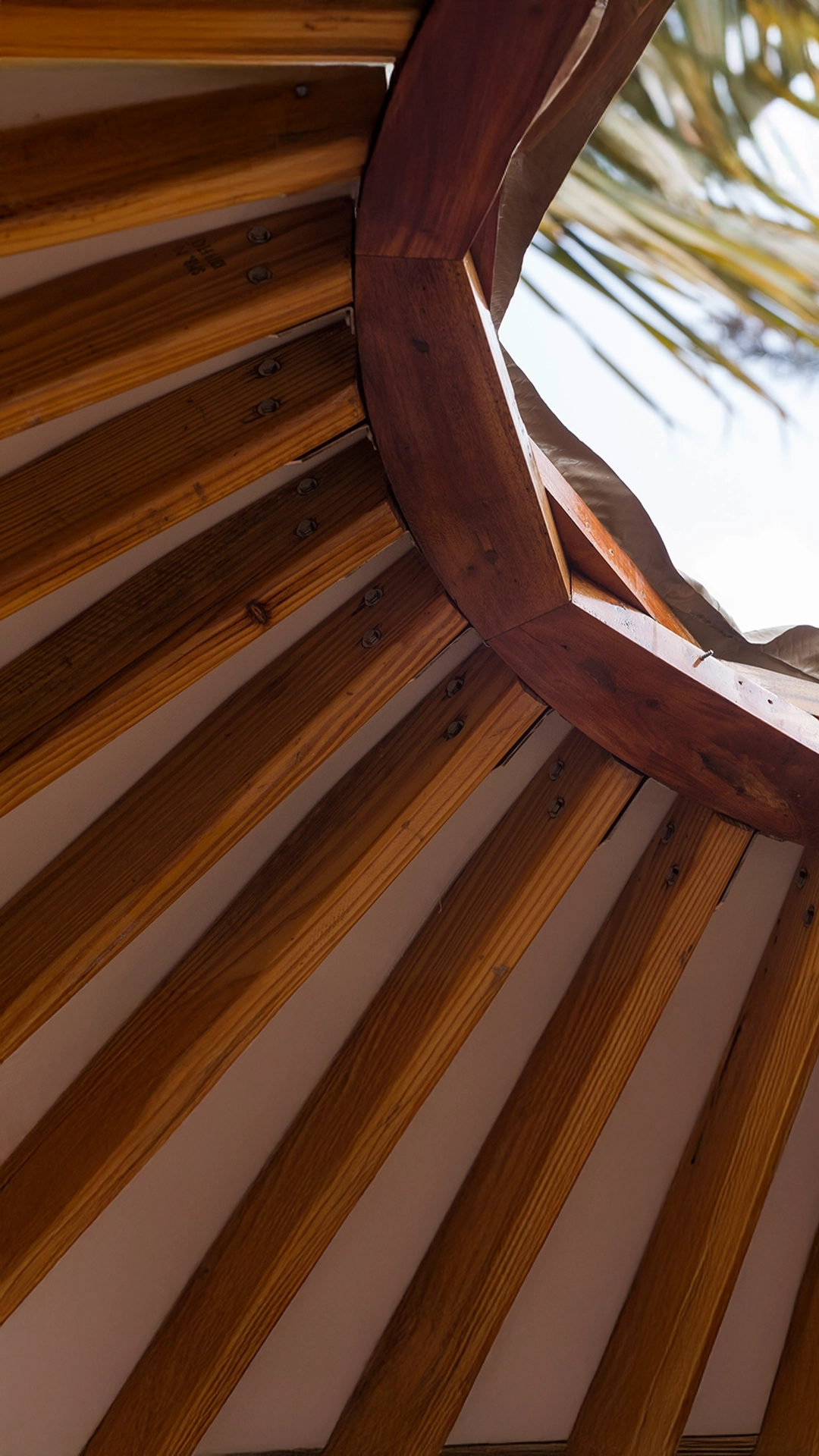
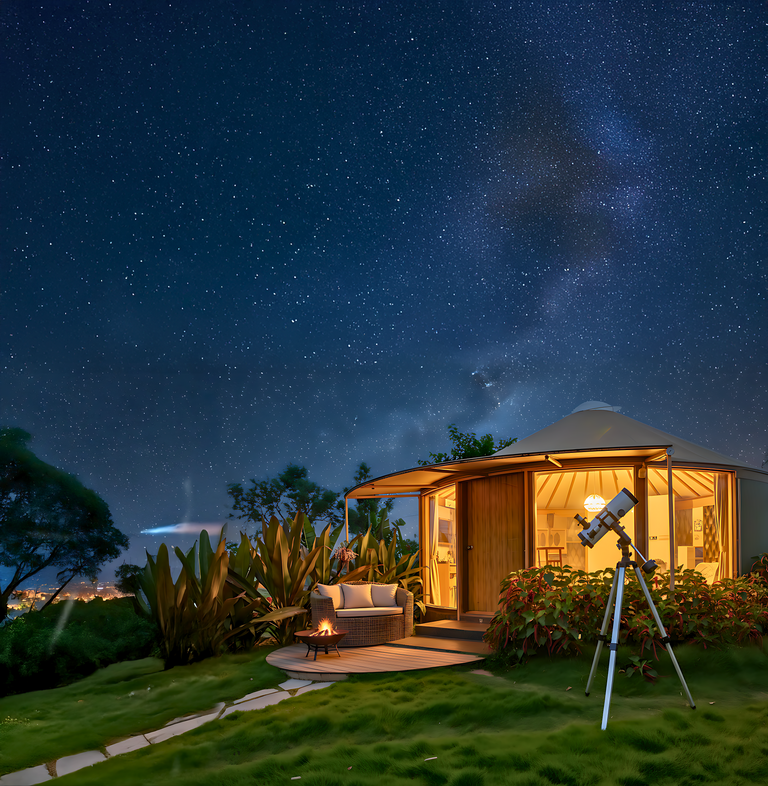
.png)

